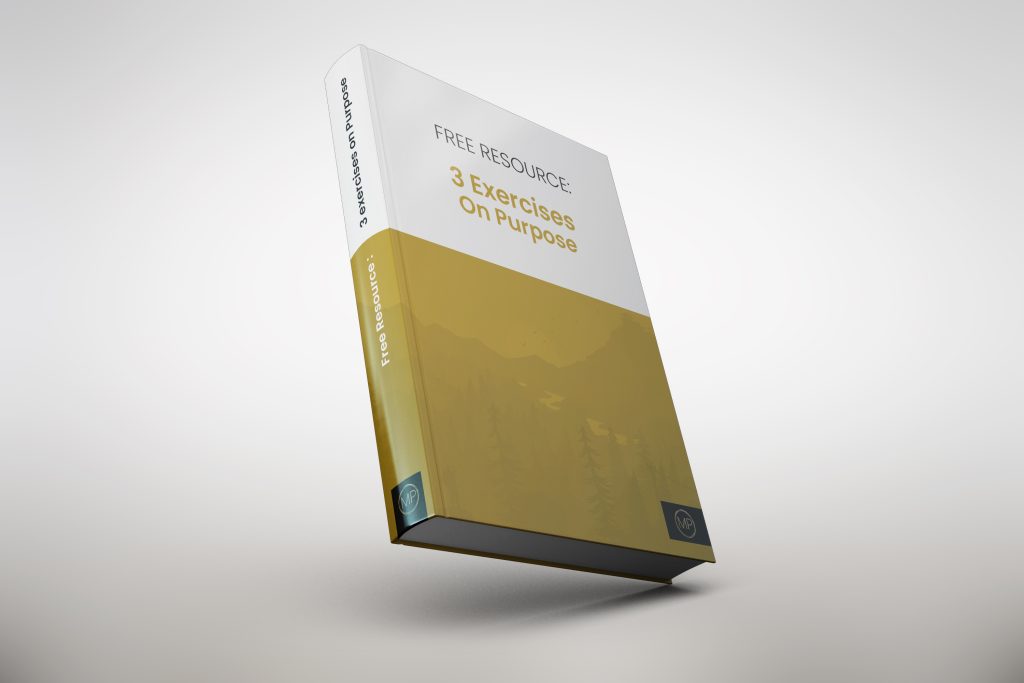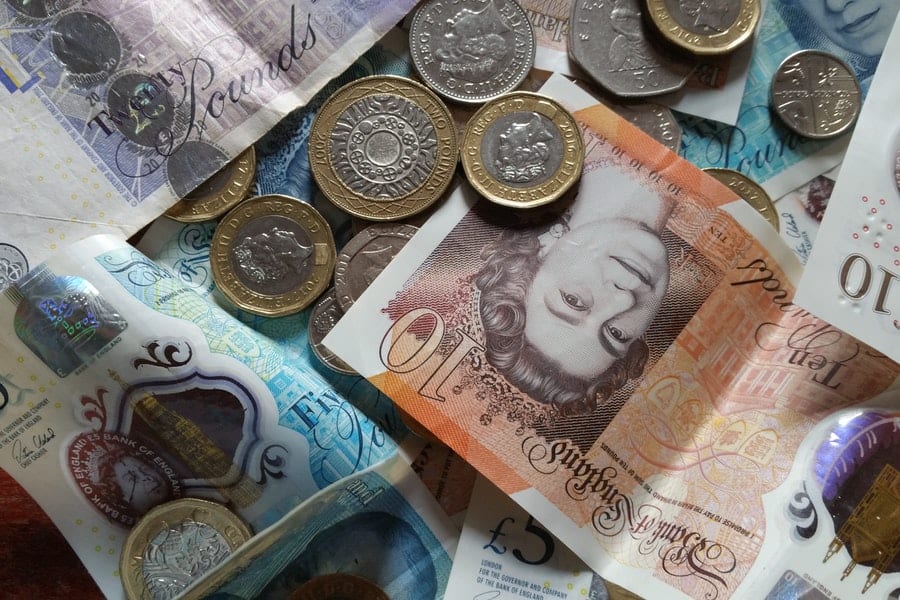Written by David Chorlton and narrated by Aria Edwards.
Money is not just a physical object that we spend. It can also be what fuels our survival and sustains our lives. When we don’t have enough, we all go into a downward spiral. Let’s talk about money addiction. Have you ever looked around your house and thought to yourself, “how much did I spend on this?” You might not even be able to remember. Money addiction is a common occurrence in many households where managing finances becomes complicated by emotional attachments.
As hard as it is, understanding the reality of money addiction is real and might be a more healthy consideration for your financial life. Money addiction may seem like a topic outside of the usual framework of addiction. Humans are hardwired to want more, so we’re constantly spending money in the pursuit of happiness. But how much is too much? And at what stage do those purchases start becoming problems?
After reading this article, you’ll be guided on what causes money addiction and how to beat the money addiction that ruins many people’s lives[i].
Signs of an Addiction To Spending Money

If you find yourself spending money impulsively and without rational decision-making, it might be time for you to ease up on your spending! Find out the top warning signs that you may have an addiction to spending. The outline below is what to look for if you suspect that you might have a problem spending money[ii].
Money Is All You Can Think About
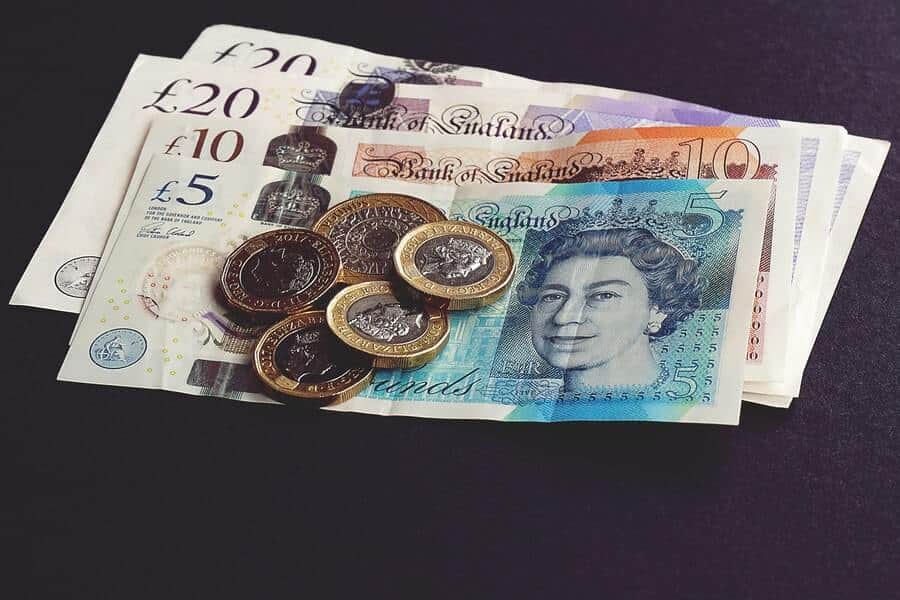
When you think about money, it is a sign that you have money issues that you need to address. It is not wrong to have feelings about money. It is a healthy sign since it shows you care about yourself and the state of your finances. However, the issue is that feelings about money tend to be very damaging for most people. Rather than just thoughts about how much money you need or where it might be. But what happens when these thoughts are constant and consuming? Then that can seriously affect your well-being and frame of mind.
You’re In Denial

If you can’t stop thinking about money or lack thereof, you are in denial of your money addiction. If you spend more money than you make, or your spending habits feel insurmountable, you likely have a problem. The first step is finding what triggers your need to shop and address those trigger points.
Partaking In Risky Activities
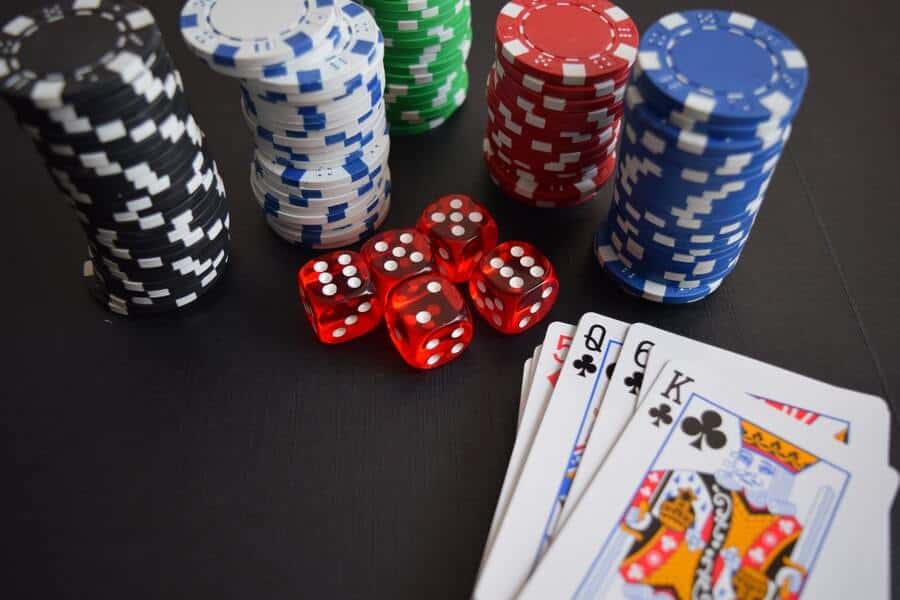
Taking part in risky activities in the name of money could have devastating consequences financially. While some activities are legal, there is no need to take excessive risks to earn money. Always know your limits and try to make sure that you do not take unnecessary risks when attempting to make money fast! For example, betting is a considerable risk. In addition, it would be appropriate to stay away from questionable pyramid schemes where a company is making money off of you. While the scheme itself is not illegal in most jurisdictions, companies may make false claims about their abilities to produce large sums of money for a select few who decide to participate. This individual fast money strategy can lead to financial ruin over time, and there are plenty of examples of this still being seen today.
Judging Your Self Worth Based On Your Bank Account
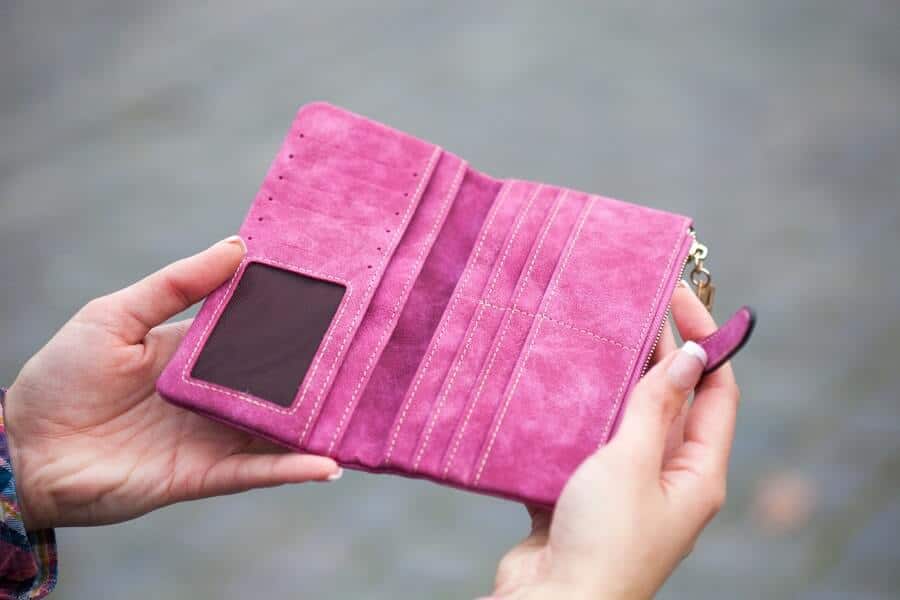
A spending addiction can be defined as the difficulty in cutting back on their spending habits and resisting the urge to spend money. Those with this problem typically measure their self-worth based on how much they earn, how much they have in their bank account, and what value-buying items can do for them. This habit can also result in deep anxiety and depression related to finances. People with an addiction to spending money tend to overcompensate their problems and struggles by throwing large amounts of money at things quickly without thinking it through properly. This leads them to waste money on unnecessary products that give little return on investment. Refusing To Spend Money On Yourself
Everyone has to take care of themselves, and spending money on necessities is essential. While spending on your family, friends, and necessary expenses is entirely acceptable, people with a spending addiction refuse to spend money on themselves, which is also a money addiction.
Underspending and recessive risk aversion are two subtypes of money avoidance under “financial denial.” When confronted with financial denial, a person will refuse to face reality, such as looking at bank records or paying an overdue credit card payment, denying that they have money troubles. Financial rejection occurs when a person’s self-esteem suffers from feeling guilty whenever money is saved or earned.
Lacking Control Over Money Habits

It is not good to have no control over your money habit. It is an indication that you cannot make sound financial decisions. It will affect your emotional well-being as well as your finances. The lack of control will make it even harder to obtain your goals. You will usually develop poor relationships with money and become a workaholic or a miser out of fear. It would be best if you tried to avoid this at all costs. However, If you are in any of the above situations, you need to make severe changes to your money habits.
Mental Health Challenges

The effects of money addiction can lead to mental health challenges like isolation and depression. Mental health challenges are a common money addiction globally among people. Mental health is often accompanied by financial challenges that then add to the mental health challenge, and it becomes a cycle that gets difficult to break out of.
People addicted to money stop caring about the needs of others and become obsessed with unimportant things. Depression is also common because money addicts find themselves lacking in the areas money can’t buy. We all need love and acceptance, but a person deprived of those traits will begin to question his self-worth and produce depression.
Some people are hooked on spending too much because they watch their rich friends live lavishly without money worries every day and want to experience it. Wearing what others wear, eating at 5-star restaurants, buying designer products without checking their credit card balance once in a while seems ordinary.
How To Beat Money Addiction

Money is a necessity, but addiction to it equals a problem. There are ways to steer clear of it, whether you’re working on your finances or an addict. Here we provide ways to help break the cycle and start living better from day one.
Start with a Reality Check
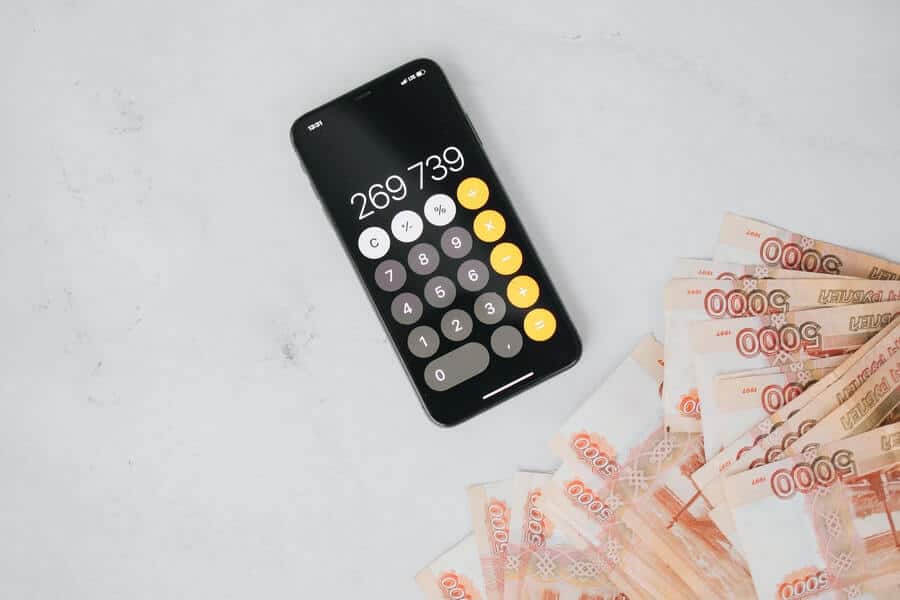
One thing to remember about money addiction is that it’s not just about the act of gambling. Be honest with yourself. It is crucial to start with a reality check by admitting your mistake. After that, you should figure out if you’re in debt due to substance abuse, binge shopping, and other activities. If you are, consider getting a handle on your addiction by tracking your expenses, thinking before purchasing something unnecessary, and cutting back on bank card spending. Also, try to formulate a personal development plan for your financial health.
Ask For Help

Don’t be afraid to ask for help. People who love you will want to help. If the people close to you know about your problem, it will make it easier for them to provide support. You might also be able to convince someone close to you to participate in a money counselling group with you.
If this doesn’t work, some counsellors specialize in financial problems. They can give more personalized attention and have less baggage. It can be beneficial having one-on-one therapy with an expert rather than attending a larger group meeting.
Assess Your Spending Habits

Most people are addicted to spending money, which can take over one’s life. A good solution is to make a list of items you want to purchase before shopping and only buy from the essential list. In addition, go through your bank statements and look for patterns like business, items, and other purchases. You should also prioritize items on the list to avoid spending money on unnecessary things.
Track Where Your Money Goes
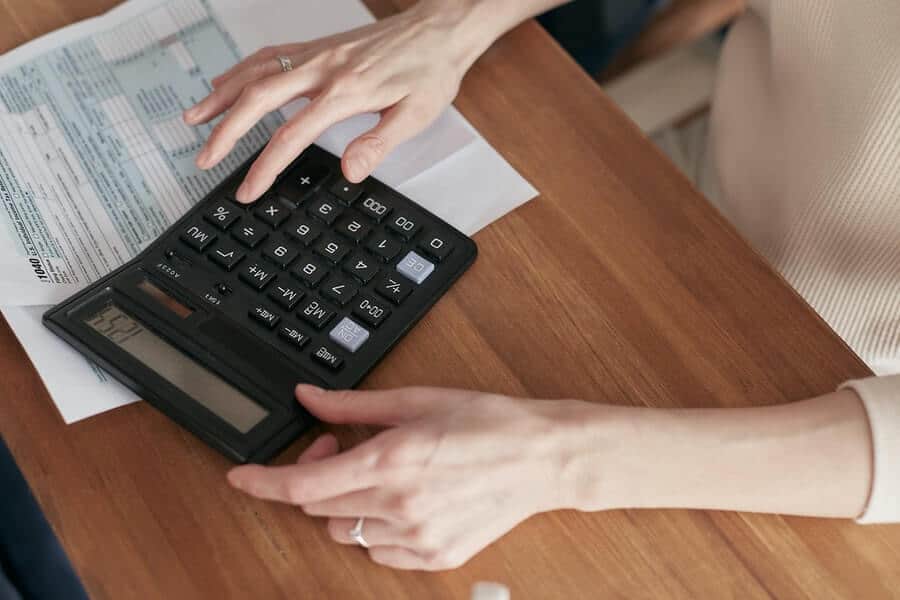
Before you save any more money, it’s necessary to find out what you’re spending your money on. The best way to do this is to write down every purchase you make and where the money went. Once you’ve assessed your spending habits, you should start tracking where your new money goes so you can put a stop to that. The aim of this step is for you to track your spending habits. You can begin cutting down on unnecessary expenses to free up extra cash.
Work At Cutting Compulsive Shopping
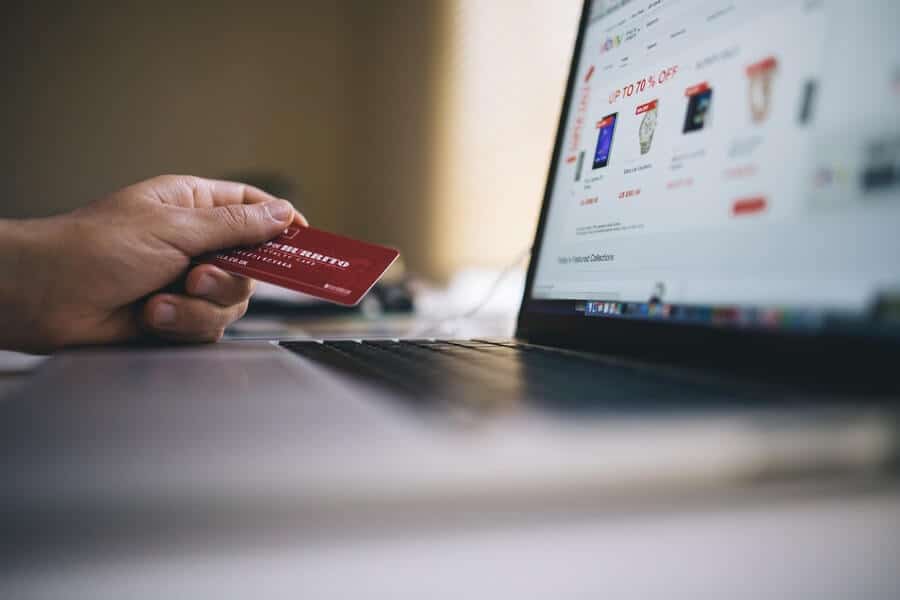
Compulsive shoppers are encouraged by some beliefs that make shopping difficult to stop. One such belief is that there is never enough money due to chronic irregular income or sudden income loss. Another opinion might be that the shopper needs to reward themselves with expensive things. Addictions are tough to break, so if you already have an impulse toward shopping, work on mentally changing some of your beliefs about shopping to reduce the urge. It would be best to find ways to cut impulsive shopping, like changing passwords and closing a shopping account. These strategies will make it harder to shop there and make you less likely to do so.
Take A Professional Course
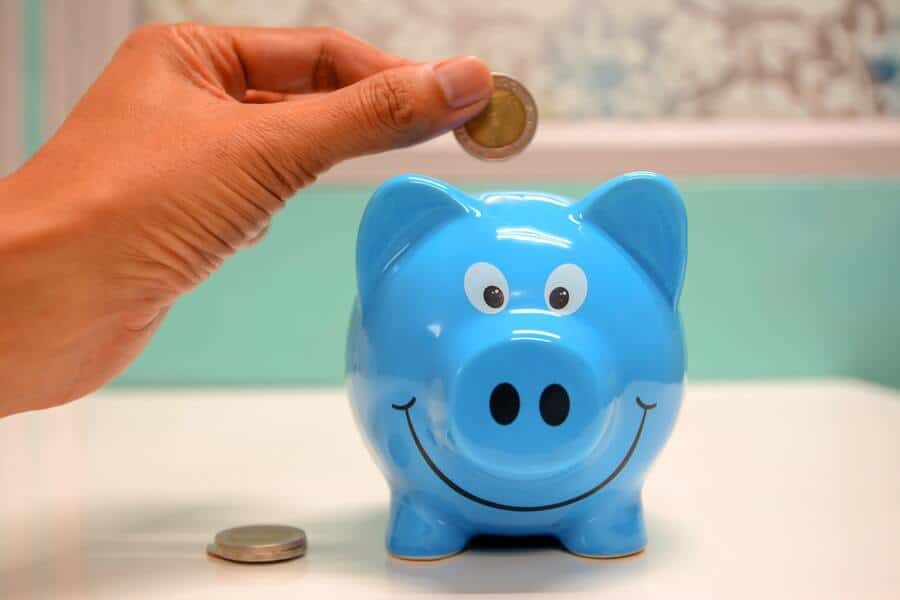
If you are struggling with managing your finances, consider taking a financial health course on the subject. There are various valuable courses to meet your specific needs. For example, seeing a professional can be intimidating, but online courses will give you the knowledge you need in the comfort of your own home. The online course will provide you with clear and well-defined steps to manage your money more successfully and help break that addiction.
Start A Healthy Budget
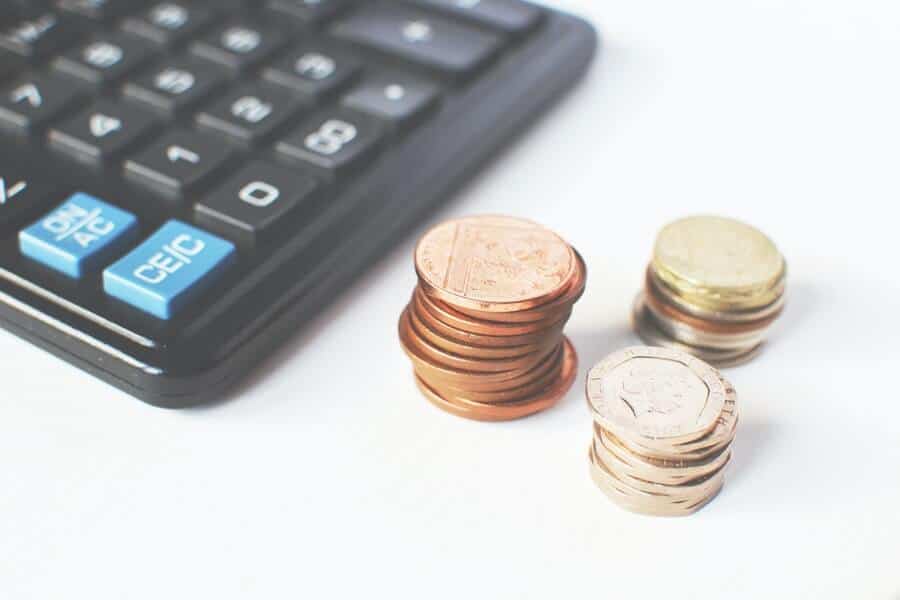
The first thing to do is get a clear idea of your income and expenditure, Then, set up a budget and always include a financially reasonable expense in the future. For example, if you know that going on holiday twice a year costs £2000 each time, you should assume this will happen again and add another £4000 as an income for that month. You’ll never have overdraft fees when your expenses exceed your income at the end of the month. If it turns out you’re not going to need to use all the money in that month, then stop using it from their sources on your credit cards or bank account rather than extend it[iii].
Conclusion
If you live with a money addiction, beat it by working on the root cause. Write down your specific triggers, take a personal finance management course, Install an accountability app and track your progress over time to identify patterns and change behaviours that lead to negative consequences. At the end of the day, you have nothing to lose and everything to gain.
Sources
[i] https://rivierarecovery.com/money-addiction-does-it-exist/
[ii] https://guycounseling.com/money-addiction-signs/
[iii] https://en.wikipedia.org/wiki/Money_disorder
